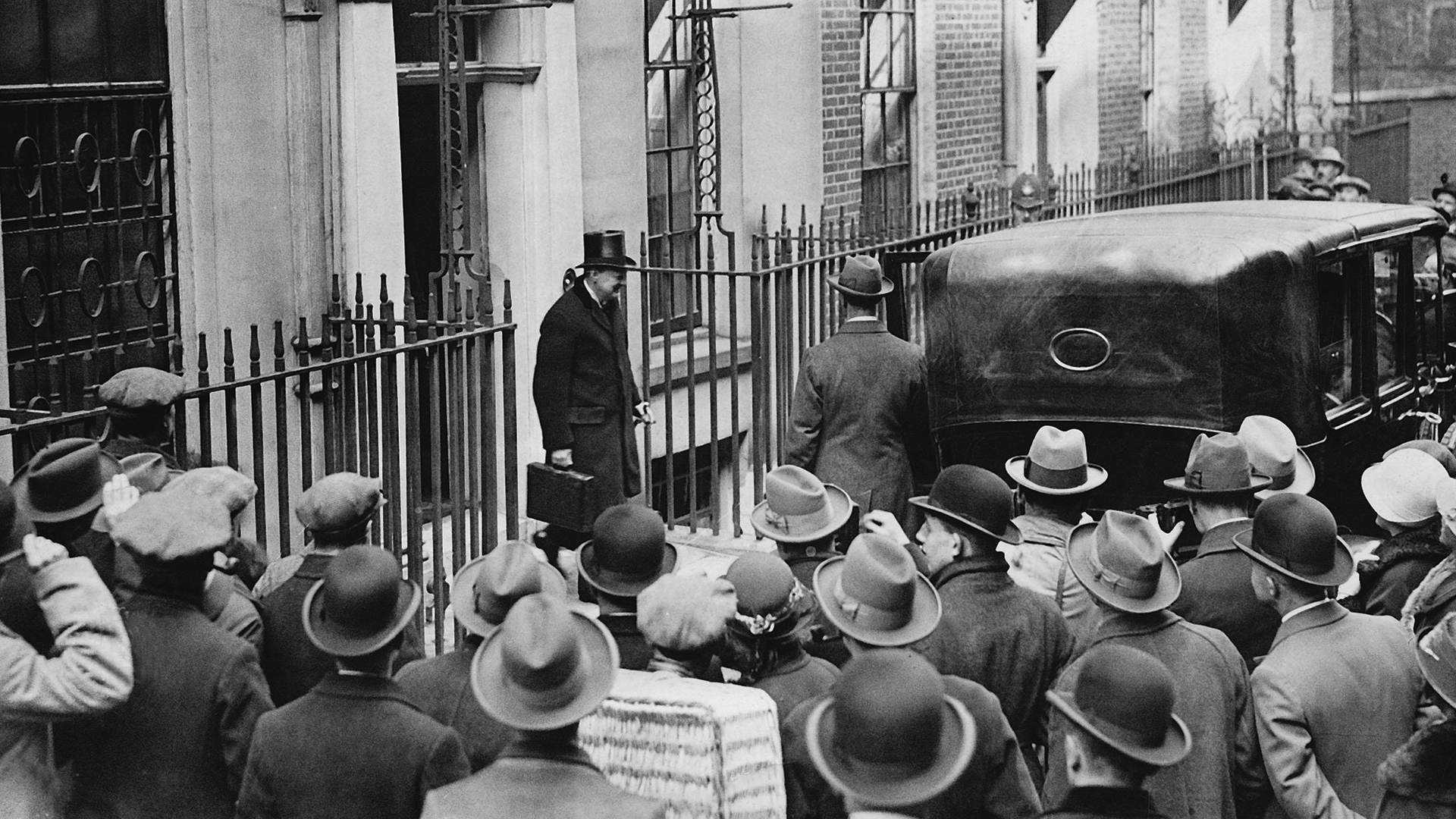A few weeks ago, perhaps a month, I stopped working on a paper I was writing called It’s Expensive Keeping People Poor. The paper was about the lack of productivity that befell what you might call ‘the poverty industry’: that is, all of the people and apparatus and budgets that campaign for and support people in poverty.
In my opinion the productivity – the outcomes – of this industry were poor. Why? Because most of the effort and money that went into tackling poverty has been spent on a resounding commitment to make poor people as comfortable as possible. It was little better than passing a beggar in the street and giving them a bit of money to help them maintain themselves. In short, poverty money was not being spent to prevent poverty, or to cure it.
The paper aimed to show what was causing this situation, of keeping the poor poor. To show that, if the resources were shifted to education and early family and child intervention, you could actually get people out of poverty by preventing it happening in the first place – in the same way that parents do their best to destroy poverty in the lives of their children through education, social skilling and social literacy, by supporting and encouraging their health and mental wellbeing. Investment is needed to prevent people slipping into poverty, but the focus has been on emergency and coping once they’re there.
So why did I abandon this work which some, including me, felt was essential in highlighting the underlining causes of poverty, which would hopefully have kickstarted a determination to move budgets into prevention and cure?
Some years earlier I developed what I called the PECC methodology: Prevention, Emergency, Coping and Cure, a mechanism to help us understand what was being done with the poverty industry’s money and resources. Most advocates and charities were obsessed with ‘giving the poor more’, but never with fighting to end the tyranny, the Bastille, the refugee camp of poverty. They did not realise that campaigns for relief were actually keeping people in poverty, not getting them out of it.
I had developed a kind of broad-brush understanding of the stumbling blocks in tackling poverty. Why, some weeks ago, stop this essential work? It’s very simple – and I hope sensible. When the inflationary crisis started to hit us back in March of this year, I was shocked and astonished by the sudden onslaught of attacks on the government for planning to increase social security by three per cent while living costs were expected to rise to at least eight per cent.









